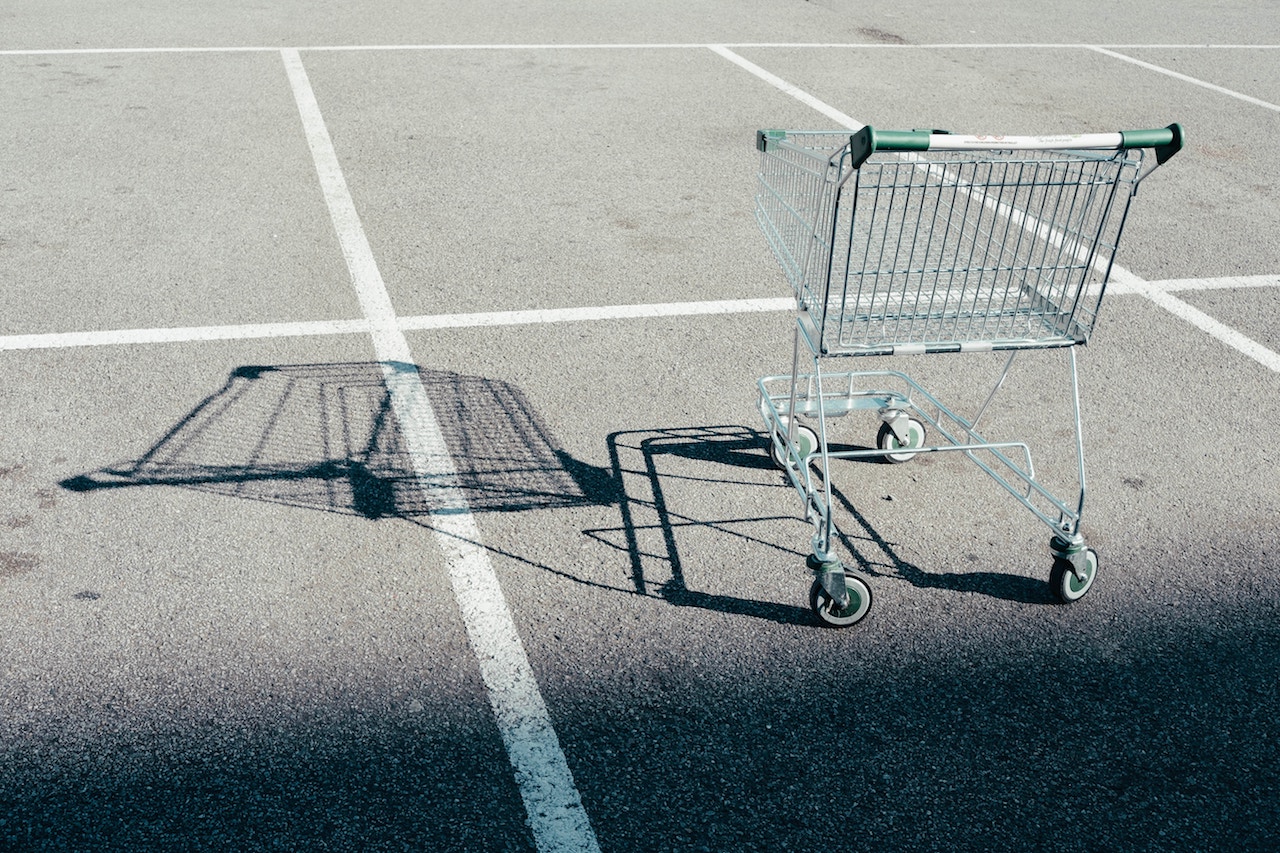The latest survey of Britain’s retail industry shows that stockpiling has hit record levels as Britain’s shops brace themselves for the multiple possible outcomes of Brexit.
While a Brexit extension to 31 January has since been confirmed – and a general election announced for 12 December – the Confederation of British Industry’s study indicates that retailers are stockpiling in light of continued Brexit uncertainty and anticipated disruption.
Taking the temperature of the nation, shopping app Ubamarket has conducted a body of ‘nationally representative’ research using a sample of over 2,000 UK adults, focusing on how Brits believe Brexit will affect their weekly shop:
- 30 million Brits (59%) believe they will see a price hike in food and produce sold in supermarkets
- 57% – equating to 29.5 million – believe Brexit will cause European goods in supermarkets to become ‘considerably more expensive’.
With concerns over not only cost but also availability of some of the nation’s staple food items, Ubamarket has compiled what it says is a list of the foods and drinks which could stand to be affected by a no-deal Brexit:
- Salad – from mid-September throughout winter, approximately 90% of the UK’s salad leaves are produced in the Spanish region of Murcia region of south-east Spain. Other items such as peppers and cucumbers follow ‘a similar route through continental Europe’ before being distributed into the the British food chain. Some £400 million of fresh tomatoes are imported each year, often from the Netherlands where tomato production is prolific
- Dairy – Ubamarket says that ‘hundreds of European cheeses’ including mozzarella, brie, feta, halloumi may have become national favourites, Irish cheddar is the UK’s top import, with more than £240 million of Irish cheese coming into the UK annually. In 2016, 96,449 tonnes of cheddar made its way to the UK, with 91,866 tonnes originating in Europe.
- Citrus fruits – The app goes on to suggest that, in a no-deal Brexit scenario, certain ‘exotic fruits’ such as lemons, importers may need to look to other markets – Cyprus, Turkey and Greece – as an alternative to Spain, which is currently one of Europe’s biggest lemon producers
- Wine – Although wine could, in theory, be ‘replaced by increased imports from other countries, such as Australia and Chile’, prosecco, cava and champagne would be impacted by a no-deal Brexit
- Chips – Frozen chips, the UK’s largest category of potato imports, predominantly come from EU countries, in particular the Netherlands and Belgium.
Will Broome, CEO and founder of Ubamarket, comments: “A no-deal Brexit, in and of itself, is not the issue with food at this moment. However, the prolonged deadline and the uncertainty around a deal, tariffs, imports and exports and checks at borders may cause alarm for both retailers and customers. Food supply chains are deep and complex, and retailers are working very hard at ensuring that food, particularly fresh food, is not in short supply after Brexit. However, there may be some short-term pain while checks at ports are sped up and any no-deal Brexit issues are ironed out.
“For consumers, the threat of a no-deal may be worrying and some may be tempted to begin stockpiling,” adds Broome. However, he points out, the foods which can be stockpiled are, in fact, unlikely to be affected. “Fresh produce such as meat and cheese may be in short supply … immediately after the new Brexit deadline.” Popular beverages, he adds, should still be available, albeit with higher tariffs placed upon them.
“For retailers, there are obviously concerns from all sides, and as an industry, we need to ensure that customers are fully informed and aware of any potential delays and shortages. It is clear that there are supply chain concerns from the industry and retailers are working to try and alleviate any potential issues, however, they need greater assurances from politicians in both the UK and in Europe. I would urge all parties to come together to try and sort out a workable solution for everyone to ensure that food shortages are kept to a minimum across the winter period and as UK supply builds up as we approach summer 2020.”











